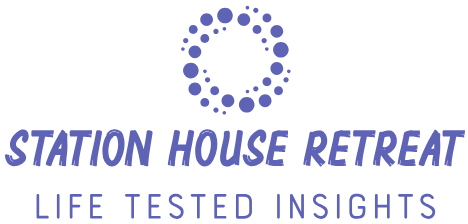Why I Switched to Round Fire Pit Grates: A Game-Changer for My Backyard Experience
As the sun dips below the horizon and the cool evening air settles in, there’s nothing quite like gathering around a warm fire pit to share stories and enjoy the company of friends and family. One of the unsung heroes of this cozy experience is the fire pit grate—especially the round varieties that not only…
